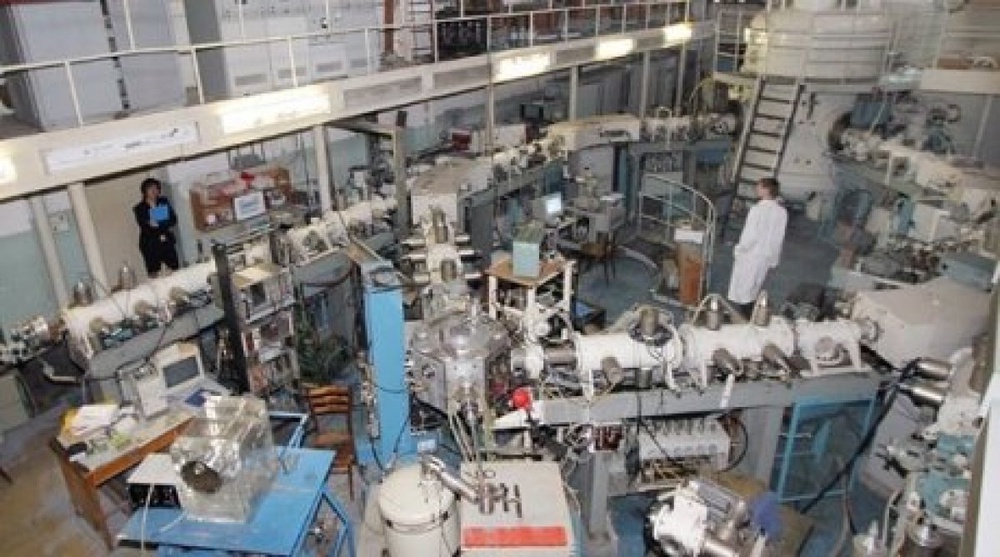
Nuclear Physics Institute in Alatau village in Almaty will be expanded, Tengrinews.kz reports citing the Institute's deputy director on scientific and methodological work Nasurlla Burtebayev. According to the scientist, nuclear medicine is developing at a high pace in Kazakhstan. In this relation the government made a decision to open an oncological center in Alatau village, where nuclear technologies will be used to treat patients with various forms of cancer. "We produce isotopes and radio-pharmaceutical products that will be used for both diagnostics and treatment of the patients. But we need to expand our base. We have a reactor, accelerators, but they are not enough for the oncological center. We need more accelerators, more powerful ones, that will significantly expand the range of produced radio-isotopes. Currently we produce around 5-10 isotopes and the expansion will allow us to increase the production to 100," Burtebayev said. The professor also said that Kazakhstan's first nuclear reactor would be built after 2020. "We are currently research way of ensuring safe exploitation of this industrial reactor. The reactor will be located in an area that lacks power," Burtebayev said. According to the professor, Kazakhstan has 3 research nuclear reactors. These are pilot samples. They are used for modeling different emergency situations. According to Burtebayev, Kazakhstan has to make science a priority, same as it was done during Soviet times. "Kazakhstan's reserves can be divided in two parts: 50 percent are oil, coal and gas and another 50 percent are uranium. This means that nuclear fuel potential, from nuclear energy point of view, is much larger than the other part. That's why, thinking of the future, we need to think about nuclear energy," Burtebayev said. By Vladimir Prokopenko





Nuclear Physics Institute in Alatau village in Almaty will be expanded, Tengrinews.kz reports citing the Institute's deputy director on scientific and methodological work Nasurlla Burtebayev.
According to the scientist, nuclear medicine is developing at a high pace in Kazakhstan. In this relation the government made a decision to open an oncological center in Alatau village, where nuclear technologies will be used to treat patients with various forms of cancer. "We produce isotopes and radio-pharmaceutical products that will be used for both diagnostics and treatment of the patients. But we need to expand our base. We have a reactor, accelerators, but they are not enough for the oncological center. We need more accelerators, more powerful ones, that will significantly expand the range of produced radio-isotopes. Currently we produce around 5-10 isotopes and the expansion will allow us to increase the production to 100," Burtebayev said.
The professor also said that Kazakhstan's first nuclear reactor would be built after 2020. "We are currently research way of ensuring safe exploitation of this industrial reactor. The reactor will be located in an area that lacks power," Burtebayev said.
According to the professor, Kazakhstan has 3 research nuclear reactors. These are pilot samples. They are used for modeling different emergency situations. According to Burtebayev, Kazakhstan has to make science a priority, same as it was done during Soviet times. "Kazakhstan's reserves can be divided in two parts: 50 percent are oil, coal and gas and another 50 percent are uranium. This means that nuclear fuel potential, from nuclear energy point of view, is much larger than the other part. That's why, thinking of the future, we need to think about nuclear energy," Burtebayev said.
By Vladimir Prokopenko


 +7 (777) 001 44 99
+7 (777) 001 44 99















































